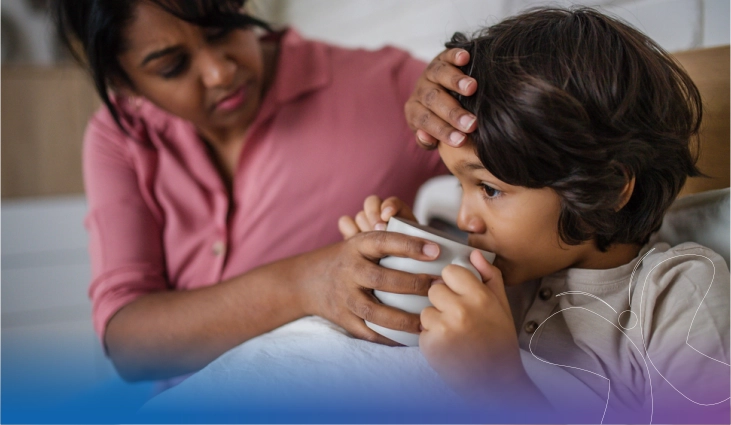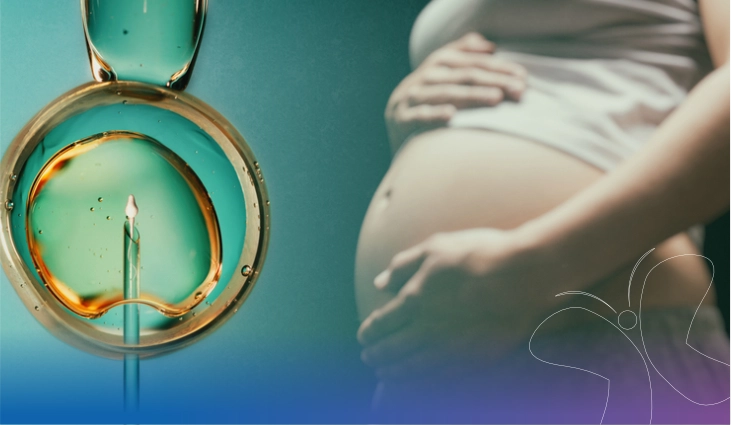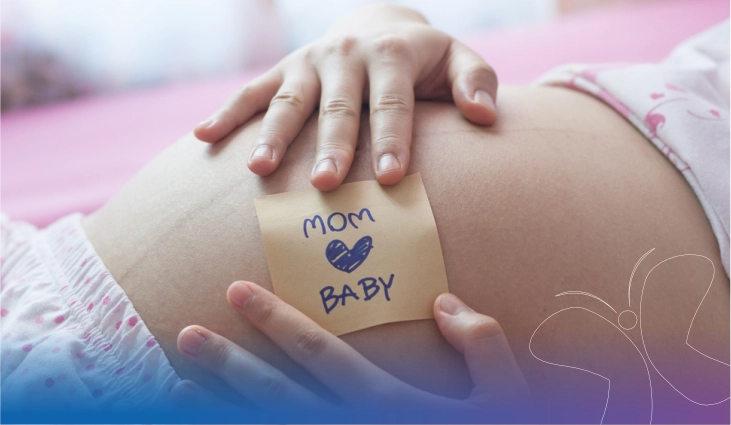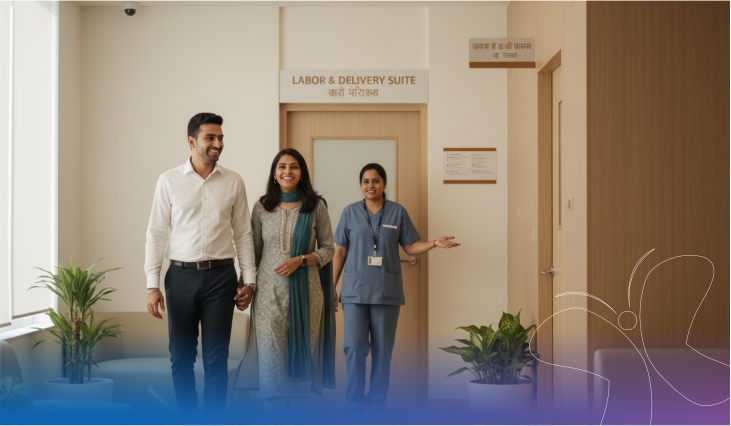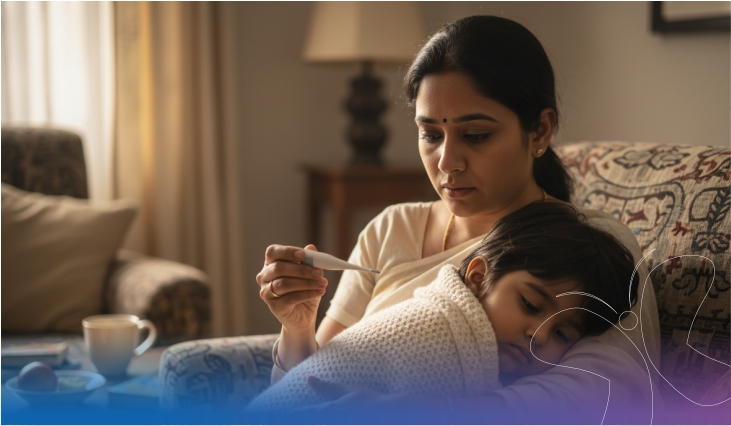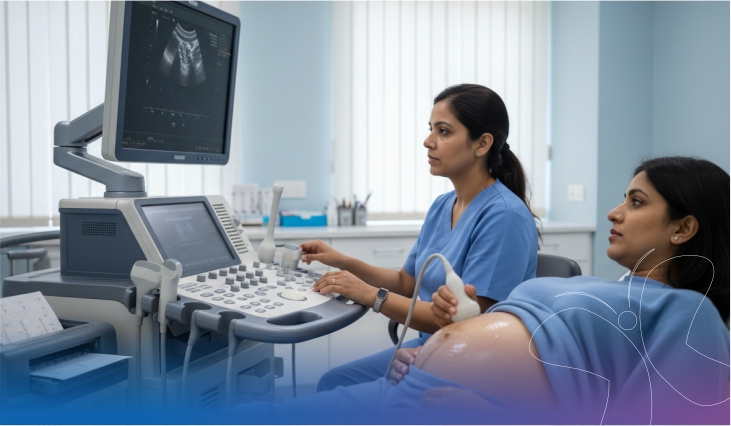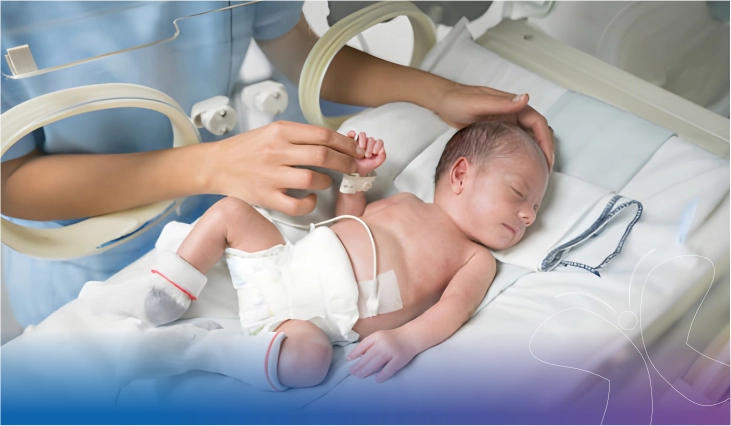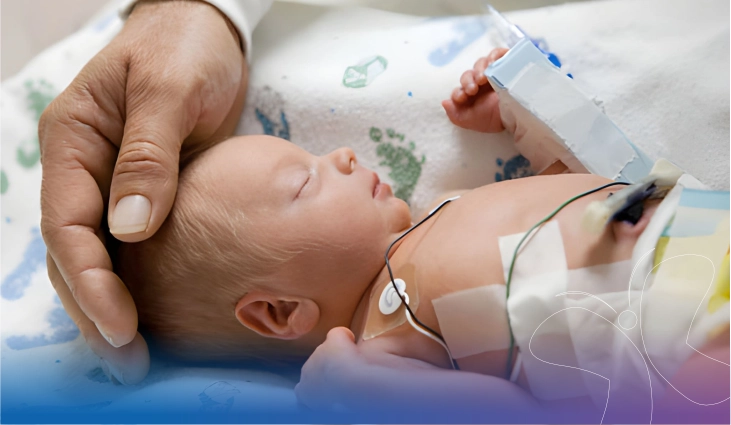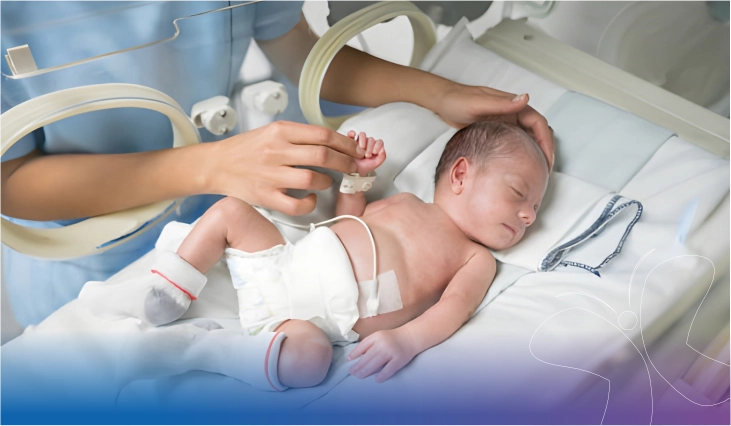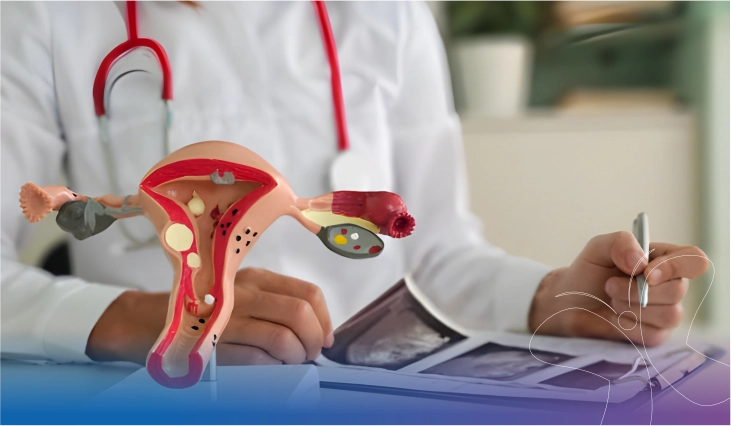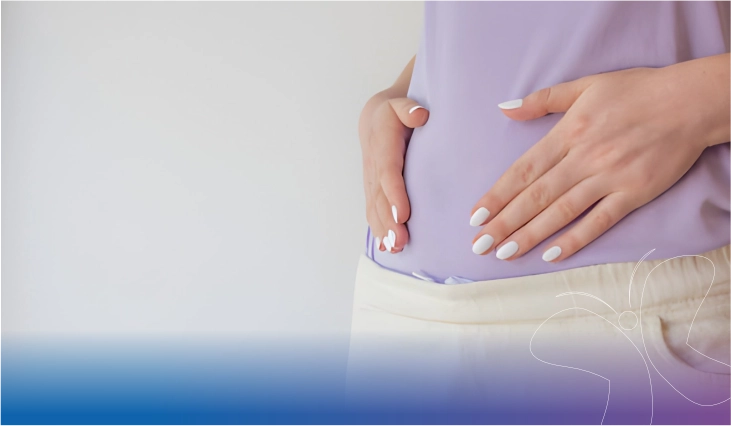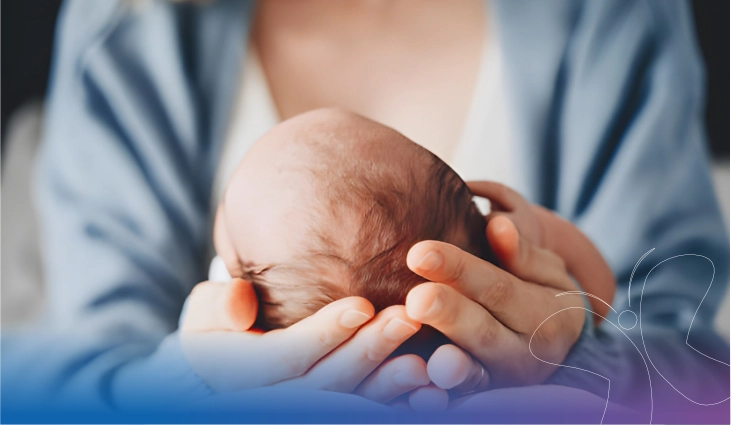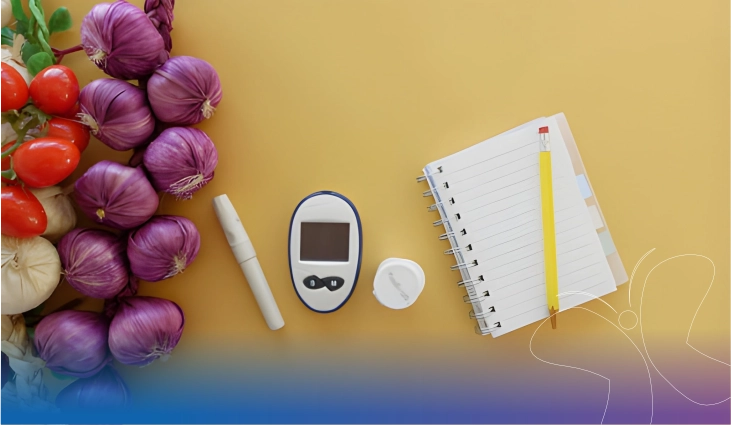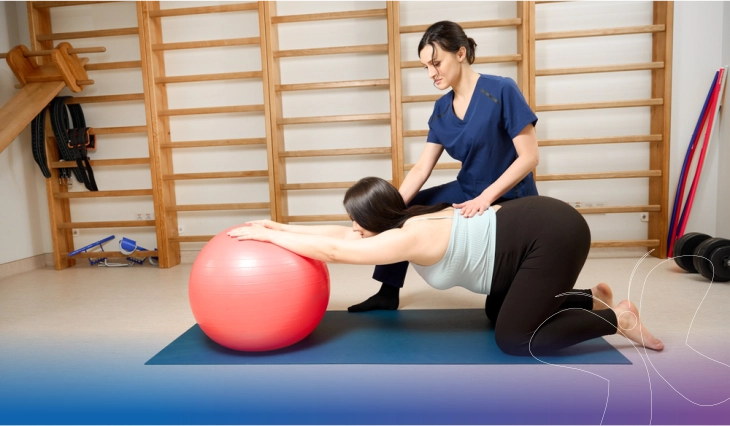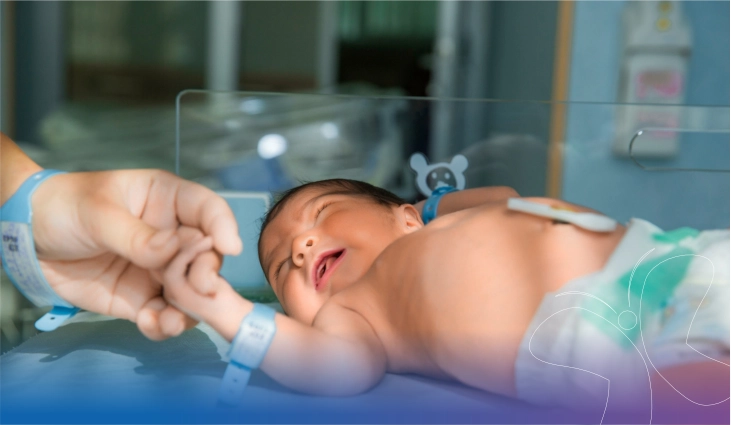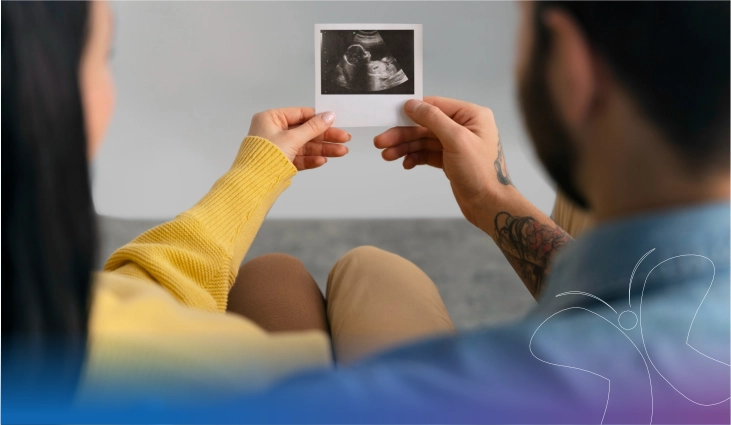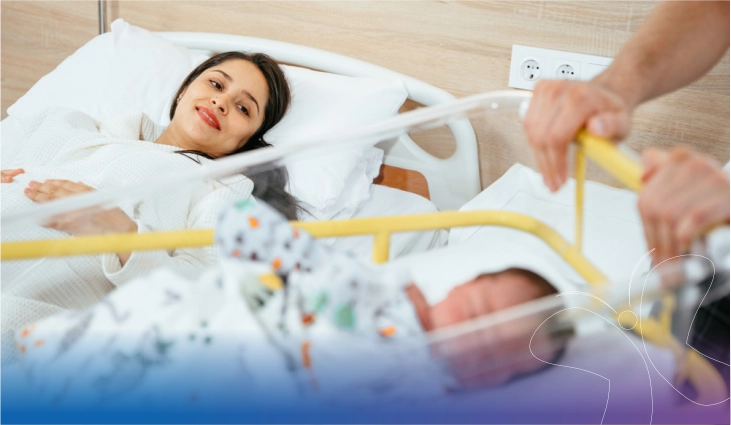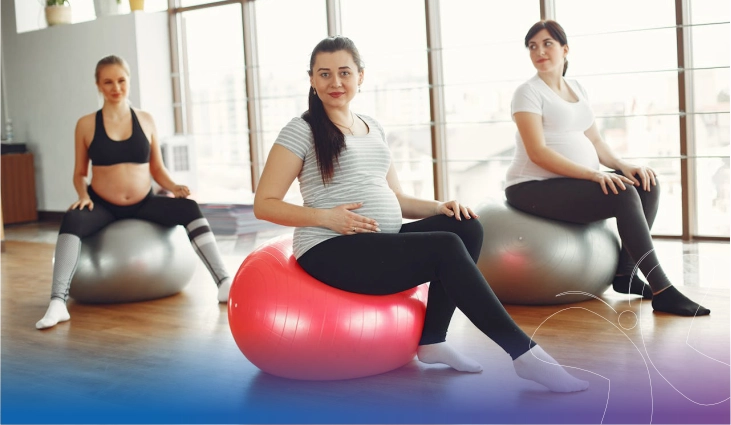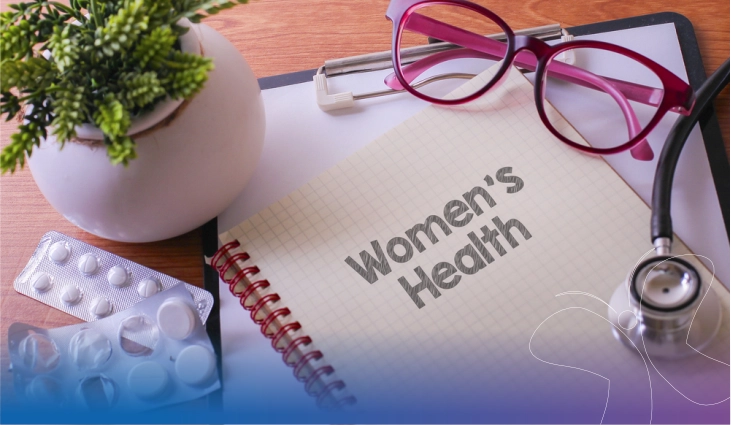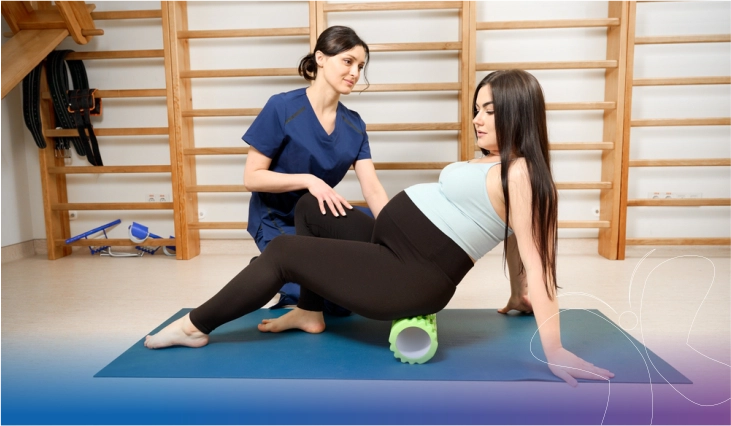You’re tired, but you can’t fall asleep. Your back aches, your legs cramp, and every few hours, your bladder wakes you up. And yet, sleep in pregnancy isn’t a luxury it’s a medical need.
At Flowrence, we treat sleep problems as seriously as nutrition and blood pressure. Because poor sleep isn’t just uncomfortable. It affects how your body grows the baby, and how you cope emotionally.
Why sleep gets harder during pregnancy
There are reasons why even healthy women struggle to sleep as their pregnancy advances:
- Rising progesterone levels can cause fatigue in the day but disrupt nighttime sleep
- Heartburn and acidity are more common when lying down
- As the baby grows, finding a comfortable sleeping position gets tougher
- Frequent urination interrupts deep sleep
- Anxiety about labour, birth, or the baby’s health can cause sleep disturbances
In our maternity centre, this is one of the most frequent complaints by the third trimester.
Why it matters more than you think
Not getting enough sleep affects:
- Your blood sugar levels raising the risk of gestational diabetes
- Your blood pressure increasing the chance of preeclampsia
- Your mood making anxiety and irritability worse
- Labour women with poor sleep often have longer, more painful deliveries
- Immunity chronic fatigue lowers the body’s ability to fight infections
We’ve even seen cases where unresolved sleep disorders contributed to growth issues in the baby.
When should you be concerned?
If you're pregnant and experiencing:
- Difficulty falling asleep for more than 4–5 nights a week
- Frequent night waking with no reason
- Restless legs, snoring, or gasping in sleep
- Daytime fatigue that affects daily function
- Mood swings or anxiety tied to sleep loss
It’s time to speak to a doctor in Rajkot or your gynaecologist directly. Sleep shouldn’t be a waiting game.
What you can do (that actually works)
Our team usually recommends:
- Going to bed and waking up at the same time daily
- Avoiding screens 1 hour before sleep
- Using extra pillows to support the belly, back, and knees
- Drinking fluids early in the day not right before bed
- Light walking or stretching in the evening
We also refer many moms to a female physiotherapist in Rajkot trained in antenatal care. They help with posture correction, breathing techniques, and gentle movement all of which make sleep easier, especially in the later months.
Safe sleeping positions
Sleeping on your left side improves blood flow to the placenta and kidneys. It reduces pressure on the liver and helps with swelling. If you can't manage it all night, try using a body pillow or cushion behind your back to avoid rolling flat.
Avoid sleeping on your back in the third trimester it can restrict blood flow to the baby.
Final Word
Sleep isn't optional. It's the time when your body repairs, your baby grows, and your hormones reset. If it’s not coming easily, don’t wait for delivery to “get past it.”
At Flowrence, we believe sleep is a clinical concern not just a lifestyle problem.
And we help you fix it without unnecessary medication.











